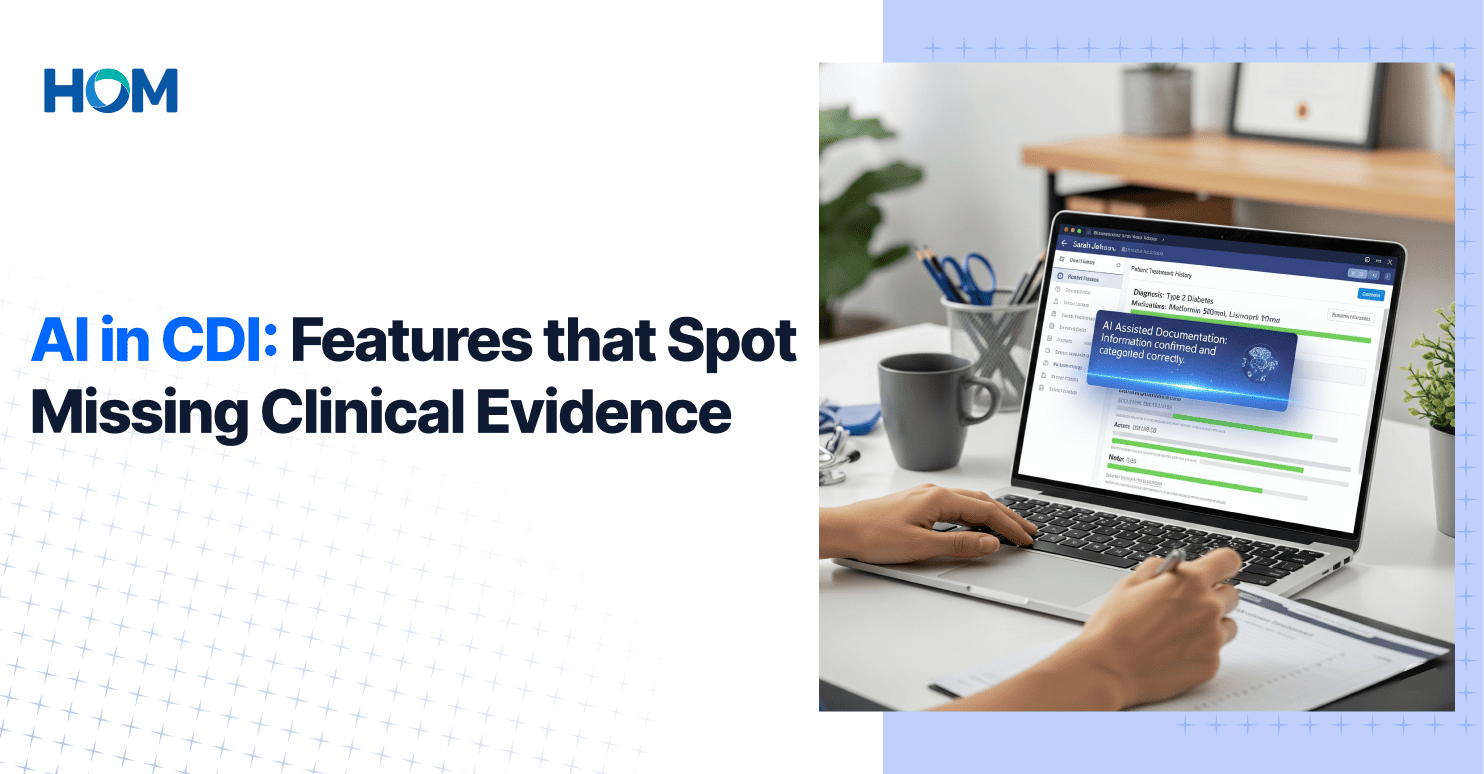
From the booking of a patient’s appointment to payment for services rendered, the revenue cycle covers all processes. This is due to various reasons such as; regulatory alterations within the healthcare sector, technological advancements, and changes in customers’ expectations meaning that it plays a very important role in ensuring compliance and integrity within revenue cycle management (RCM).
The importance of RCM compliance and integrity cannot be stressed enough. Non-compliance with healthcare regulations not only results in financial losses and revenue leakage but also incurs severe legal consequences, damages the reputation, and erodes patient trust. Moreover, given the continued prevalence of healthcare fraud, waste, and abuse cases globally, maintaining high levels of integrity within RCM remains an ethical necessity for healthcare organizations.
Types of Compliances
Three categories of compliance requirements include:
- Federal Compliance: These are rules made by the federal administration such as CMS and OIG. They consist of codes and acts that have to do with coding standards, billing approaches, patient privacy (HIPAA), and fraudulent prevention measures.
- State Compliance: These are laws created by state regulatory bodies which may vary from one state to another. They deal with some particularities related to billing issues, insurance coverage, and services provided to patients within a given locality. By following these regulations, health organizations comply with their local statutory laws and guidelines.
- Provider/Payor Organization Compliance: The internal compliance policies of healthcare providers and Payors in the organization. Such policies include company-specific procedures on coding/billing standards; inward audits; quality control systems etc all meant to achieve operational consistency, proper claims processing accuracy, and adherence to contractual obligations with payors.
Ensuring RCM Compliance and Integrity: Key Strategies
Here are the key strategies for ensuring RCM compliance and integrity:
- Encourage Regular Audits and Performance Tracking: Regular evaluation of billing, coding, and documentation processes helps in ascertaining accuracy and adherence. Identification of mistakes before they become a problem saves the company money while improving revenue through accurate claims submission.
- Implementing Ongoing Training and Education Programs: Develop an ongoing training scheme that is customizable to ensure that employees keep pace with developments in their areas of specialization. In this regard, practical workshops should be organized to enhance comprehension through experience. They should also be assessed regularly to gauge how well they have understood what they learned. Additionally, seek the input of experts who can offer fresh insights to keep training lively. Through this kind of comprehensive training program investment, organizations will build staff competence and adapt to changing industry benchmarks.
- Data-Driven Revenue Cycle Optimization: Organizations can obtain priceless insights into revenue cycle performance by using advanced analytics to closely monitor key performance indicators (KPIs) like charge capture rates, accounts receivable, and claim denial rates. This data-driven method makes it easier to identify trends, abnormalities, and possible revenue leaks early on. Organizations can improve cash flow, reduce losses, and optimize revenue cycle operations via prompt intervention and process improvements.
- Optimizing Charge Capture for Revenue Enhancement: By strategically implementing advanced technology solutions, healthcare organizations can significantly enhance charge capture efficiency and accuracy. Automating routine processes such as charge entry, code assignment, and documentation reconciliation minimizes manual intervention, reducing the risk of human error and delays. This streamlined approach ensures that all billable services are captured promptly and accurately, maximizing revenue potential.
- Technology-Driven Revenue Cycle Optimization: To achieve peak efficiency and accuracy, healthcare organizations should invest in comprehensive RCM software solutions that leverage AI-driven analytics and automated processes. Real-time reporting and alerts provide actionable insights to optimize revenue cycle performance. Simultaneously, robust cybersecurity measures are paramount to safeguarding sensitive patient data and ensuring compliance with stringent privacy regulations. This integrated approach empowers organizations to streamline operations, mitigate risks, and enhance overall financial performance.
- Strategic Partnerships for Regulatory Compliance: Proactive engagement in industry forums and a commitment to staying abreast of regulatory changes are essential for maintaining compliance. Collaborating with industry peers on shared compliance challenges fosters knowledge exchange and best practice adoption. Participating in voluntary compliance audits demonstrates a proactive approach to risk mitigation. By advocating for clear and consistent regulations, organizations can contribute to a healthcare ecosystem characterized by transparency and efficiency.
- Building a Culture of Compliance and Integrity: By setting an example of moral behavior, leadership can show that they are steadfastly committed to compliance. Encouraging and praising faithfulness strengthens an ethical culture. It is crucial to communicate the significance of compliance in an open and consistent manner. Establishing private reporting mechanisms and protecting whistleblowers from reprisals are essential for encouraging the reporting of such infractions.
Conclusion
For healthcare businesses to remain financially stable and retain operational integrity, effective revenue cycle management (RCM) is essential. Maintaining compliance and integrity standards is crucial as the sector changes due to legislative changes, technology breakthroughs, and evolving patient expectations. Through the implementation of crucial methods like frequent audits, continuous employee training, data-driven optimization, and utilization of cutting-edge technology, firms may guarantee precision, avert financial setbacks, and improve revenue collection. Establishing a culture of compliance and integrity through proactive involvement and strategic collaborations enhances an organization's ability to withstand legal and reputational risks. In the end, adhering to strict RCM procedures not only protects the healthcare ecosystem's financial stability but also strengthens transparency and trust, opening the door to long-term success and excellent patient care.
If you are a healthcare provider and wish to discuss more about how you can maintain your Revenue Cycle Management Compliance and Integrity, feel free to write to us at partnerships@homrcm.com.
Bring a change to your Healthcare Operations
A partnership with HOM gives you an inherent:
Connect with our experts for a quick analysis and possibilities.

















